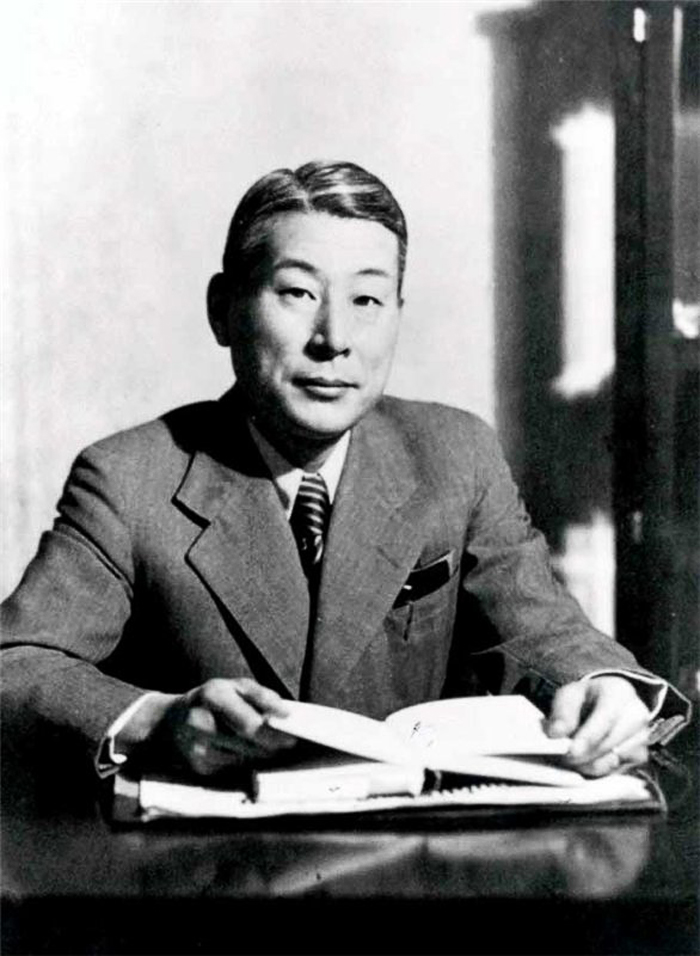Blessed are the poor in spirit,
for theirs is the kingdom of heaven.
for theirs is the kingdom of heaven.
[R]IGHT at the beginning of his Sermon on the Mount, Jesus contradicted all human judgments and all nationalistic expectations of the kingdom of God. The kingdom is given to the poor, not the rich; the feeble, not the mighty; to little children humble enough to accept it, not to soldiers who boast that they can obtain it by their own prowess.
John R. W. Stott, The Message of the Sermon on the Mount
GOD DOES NOT force his kingdom upon anybody but gladly gives it to all who know they're losers without him and humbly seek his help.
Clarence Jordan, Sermon on the Mount
Blessed are those who mourn,
for they will be comforted.
for they will be comforted.
IT IS NOT ENOUGH for us … within the arena of the world's pain merely to know of a God who sympathizes. It is not even enough to know of a God who heals. We need to know of and be connected with a God who experiences with us, for us, each grief, each wound. We need to be bonded with a God who has had nails in the hands and a spear in the heart!
Flora Slosson Wuellner, Weavings
Blessed are the meek,
for they will inherit the earth.
for they will inherit the earth.
THE SCRIPTURES make much of meekness … and so it is the more appalling that meekness does not characterize more of us who claim to be Christians. Both at the personal level, where we are too often concerned with justifying ourselves rather than with edifying our brother, and at the corporate level, where we are more successful at organizing rallies, institutions, and pressure groups than at extending the kingdom of God, meekness has not been the mark of most Christians for a long time.
D. A. Carson, The Sermon on the Mount
Blessed are those who hunger and thirst for righteousness,
for they will be filled.
for they will be filled.
THE HUNGER for righteousness is the one appetite that Christ blesses—not to covet possessions or achievement or recognition, but to live, through every action and perception, the kingdom of God.
Jim Forest, The Ladder of the Beatitudes
Blessed are the merciful,
for they will be shown mercy.
for they will be shown mercy.
[THE MERCIFUL] will be found consorting with publicans and sinners, careless of the shame they incur thereby. In order that they may be merciful, they cast away the most priceless treasure of human life, their personal dignity and honor.
For the only honor and dignity they know is their Lord's own mercy, to which alone they owe their very lives.
Dietrich Bonhoeffer, The Cost of Discipleship
Blessed are the pure in heart,
for they will see God.
for they will see God.
NOW when [people] attempt to live a double life spiritually, that is, to appear pure on the outside but are not pure in the heart, they are anything but blessed. Their conflicting loyalties make them wretched, confused, tense. And having to keep their eyes on two masters at once makes them cross-eyed, and their vision is so blurred that neither image is clear.
Clarence Jordan, Sermon on the Mount
Blessed are the peacemakers,
for they will be called sons of God.
for they will be called sons of God.
NOW PEACEMAKING is a divine work. For peace means reconciliation, and God is the author of peace and of reconciliation. … It is hardly surprising, therefore, that the particular blessing which attaches to peacemakers is that "they shall be called sons of God." For they are seeking to do what their Father has done, loving people with his love.
John R. W. Stott, The Message of the Sermon on the Mount
Blessed are those who are persecuted because of righteousness,
for theirs is the kingdom of heaven.
for theirs is the kingdom of heaven.
IT MAY SEEM strange that Jesus should pass from peacemaking to persecution, from the work of reconciliation to the experience of hostility. Yet however hard we may try to make peace with some people, they refuse to live at peace with us. Not all attempts at reconciliation succeed.
John R. W. Stott, The Message of the Sermon on the Mount
JESUS' CLIMAX at the end of the Beatitudes says exactly this: Stand faithful and do not get blown about by the ideologies of the world. … If we lose our distinction from the world's greed, uncaring, self-centeredness, exclusionism, unfaithfulness, and violence, then we have no purpose.
Glen H. Stassen, Living the Sermon on the Mount












No comments:
Post a Comment